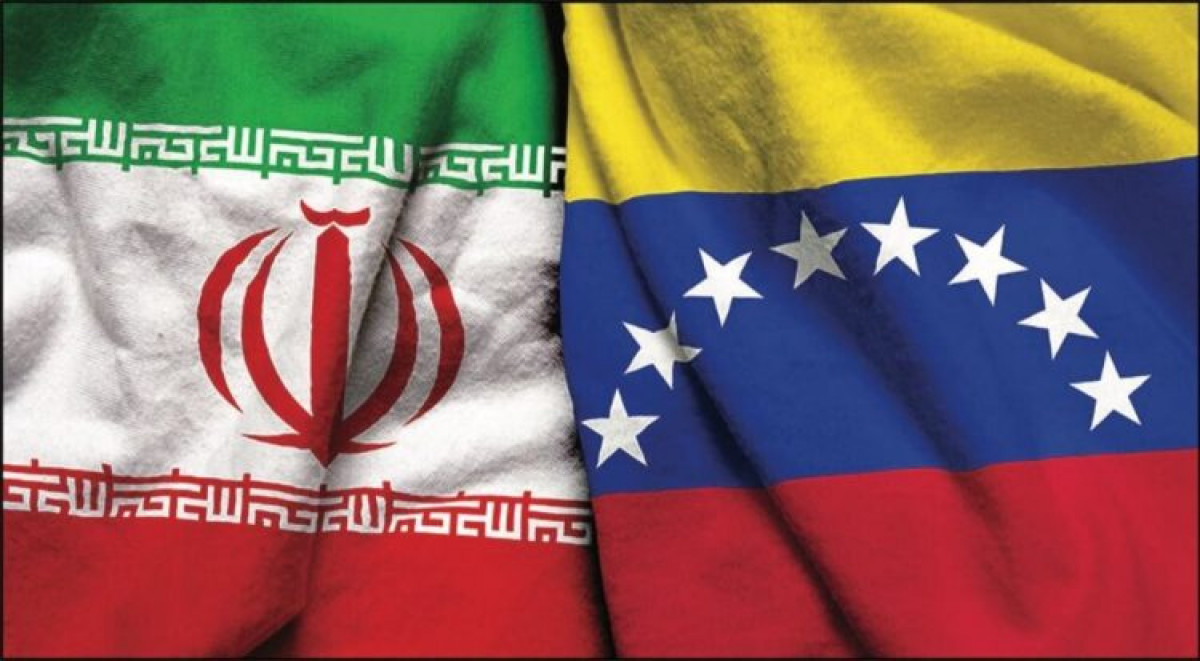 70
70
The Islamic Republic of Iran’s influence in Latin America has long been a source of concern for US officials, who have adopted a range of positions on the subject. Historically, the US considered Latin America as its backyard, and it has always endeavoured to further its aims in the region by interfering in the political and economic affairs of the South American countries. However, this is no longer the case, given Tehran’s tangible military presence and rising economic influence. Iran’s growing ties with South American nations, notably Venezuela and Cuba, have enraged the Americans in the last decade. Today, Iran is striving to develop a substantial and active presence in South America and the Caribbean, which has aroused both envy and alarm in the White House. Iran and Venezuela’s relationships have been enhanced in recent years, ranging from Iran’s sale of petroleum products to joint industrial projects in the automobile and cement industries, making US officials extremely worried. Iran and Venezuela are both exposed to severe US sanctions and economic terrorism, compelling the two sides to closely cooperate to meet each other’s needs. One of the most important attempts to promote bilateral ties between Tehran and Caracas has been the sailing of five Iranian oil tankers to Venezuela last year. Trump’s administration sought, but in vain, to stop the Iranian ships. However, it seems now that Iran intends to drastically alter the rules of the game. A year after Iranian ships appeared off the coast of Venezuela, Politico recently published a report by three top US National Security Agency officers. According to Politico, “Americans are keeping an eye on Makran, an Iranian-built warship, and another Iranian frigate en route to African shores.” According to an unnamed American official, the Pentagon is unaware of the Iranian ships’ ultimate destination but expects them to be re-routed to Venezuela. According to Politico, Americans are extremely apprehensive about Iran’s future actions, arguing that Iran’s objective of constantly deploying warships to the Western Hemisphere will remain a terrible scenario. So far, the spokesperson for Venezuela’s foreign ministry, Iran’s UN representative, White House, and Pentagon officials have all declined to comment on the Iranian navy’s recent manoeuvres in the Atlantic Ocean. According to Politico, US officials are making baseless claims about the Iranian navy’s operation, implying that the Iranian warships may carry weapons. Given the fact that trade and commercial links are the most effective means of circumventing US sanctions, it seems that US officials are looking for an excuse to spark a military confrontation with the Iranian fleet and trade ships that are approaching the Venezuelan coast. The White House has even advised high-ranking officials in President Nicolás Maduros government in Caracas that hosting Iranian ships is utterly unacceptable. Yet, it is unclear if Maduro would heed the US threat. The deployment of Iranian warships in the United States’ backyard poses a pressing challenge to US regional and even global hegemony, especially when President Biden decided to open talks with the Iranians in Vienna. Iran’s bold move to deploy its military fleet will undoubtedly fuel heated discussion in Washington over the next several days.
Comment
Post a comment for this article